Tips For Travelling Alone: Your Essential Solo Travel Checklist
Author:Kassy Brooks
A solo journey may be one of the most fulfilling and liberating experiences a person can have. It is a self-exploration, an adventure, and a freedom, offering an unparalleled experience compared to other aspects of life, as one gets to travel to new cultures, meet new people, and experience the world in their own way.
Travelling alone, however, is accompanied by its own set of challenges. To make a solo trip safe, smooth, and unforgettable, the key to success is proper preparation. Whether it comes to selecting the destination of choice or handling your safety and budget, this checklist will guide you through the essentials to consider before taking a solo trip.
Essential Tips For Travelling Alone
Here are some of the tips that will help to make a solo adventure enjoyable, safe, and smooth:
1.Trust Your Instincts and Be Mindful of Your Surroundings
Intuition is the most valuable tool to have when one is alone. Travelling alone means being alert and attentive to one's surroundings. When something is wrong, the person should follow their gut feeling and get out of the situation. It could be walking down a dark alley or encountering a suspicious person, but instincts are there to ensure that the traveller is not harmed. Travelling solo doesn't mean being paranoid—it simply means staying aware and prioritising your safety.
2. Get Travel Insurance for Peace of Mind
Travel insurance is often considered an unnecessary cost, yet it is essential for every solo traveller. It is one of those things that a person dreams of never needing but will be highly thankful to have in the event of an emergency. A comprehensive travel insurance policy typically includes coverage for unforeseen events such as health emergencies, trip cancellations, lost or stolen baggage, and travel delays. Notably, an investor who had a minor cycling accident in Taiwan could have insurance to cover all medical expenses. On the same note, in the event of lost luggage, travel insurance can reimburse the necessary items until the time of recovery. Coverage should always be ensured in case of a medical emergency, trip cancellation, and adventure activities, so that one can remain peaceful.
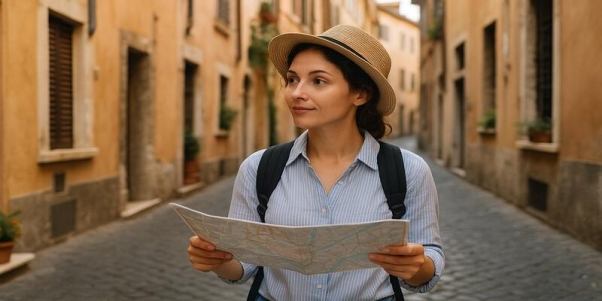
3. Manage Your Finances Wisely
Lone travelling may be costlier, as an individual caters to all expenses. One should have a budget prepared and follow it. Expenses can be monitored and avoided through travel applications such as Travel Spend. Always carry a small amount of cash as well as cards; it is best to keep them in different locations in case they are stolen or lost. To reduce expenditure, consider accommodation in hostels or use a mode of transport, and even have meals at local restaurants instead of visiting costly tourist destinations. There are also travel-friendly credit cards that do not charge foreign exchange transaction fees, which can help minimise the cost of spending internationally.
4. Pack Light and Efficiently
Luggage control is one of the most common issues of solo travelling. This is because all things need to be carried on your own, so you must pack light and efficiently. A suitcase can be challenging to carry around, particularly on buses or cobblestone roads, whereas a backpack is much easier to manage. The varied clothes, which can be mixed and matched in various situations, are perfect. Before packing, it is essential to check the weather so that you do not carry unnecessary items. It is also prudent to leave room to carry souvenirs or items picked up along the way, bearing in mind that in most places, there is a laundry facility.
5. Pick the Right Accommodation
Accommodation may have a considerable effect on solo travel. Hostels are a good idea if you want to meet fellow travellers. Most of them have shared kitchens, social areas, and activities that help in easily finding people who share the same adventure as you. Hotels or Airbnb's might be a better option if one needs greater privacy. Location, safety, and cleanliness are a must, and reviews are priceless, particularly those left by other solo travellers, as they provide a valuable assessment for making the right decision.
6. Get a SIM Card for Safety and Convenience
Being in touch when travelling alone is significant both practically and psychologically. Travellers can have good access to the internet to navigate, call an ambulance, or communicate with their loved ones with a local SIM card or an eSIM. Local SIM cards are often more cost-effective than international roaming charges and provide superior coverage. One can purchase a SIM card upon arrival, and an eSIM can be configured in advance. Before making a purchase, it is essential to ensure that the phone is unlocked.
7. Learn a Few Key Local Phrases
Although English is a commonly spoken language in most countries, knowing some common phrases in the local language could be very helpful. Good manners, such as hello, thank you, and goodbye, are not only beneficial but also polite. When English is not the dominant language in the country one is visiting, it can be helpful to use tools like Google Translate or even install apps designed for offline translations, so that signs, menus, and even basic conversations can become easier and more engaging.
8. Choose the Right Destination for a First Solo Journey
The destination is essential, particularly when it is the first solo trip. Good infrastructure, transportation availability, and a strong reputation for safety are excellent starting points. New York, Lisbon, or Chiang Mai are perfect examples, or rather, they are reputed to be easy to travel to, friendly to visitors, and offer a lot to a solo traveller. More adventurous travellers can also find it a pleasant experience to visit less popular destinations, but in this case, it's essential to conduct thorough research beforehand.
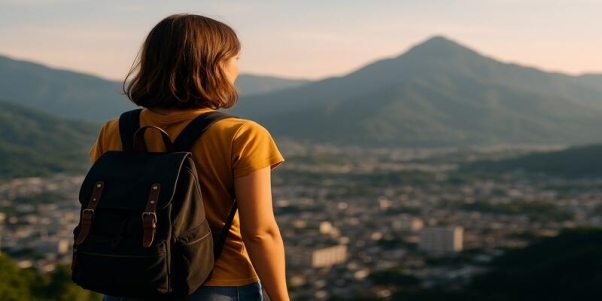
9. Avoid Overwhelming Yourself with Warnings
Single tourists tend to be intimidated by fearful warnings from others, even though those issuing such warnings have not visited the destinations themselves. Exploration should not be discouraged by poor warnings, whereas caution should always be taken. For example, negative headlines initially deterred some travellers from visiting El Salvador. Through in-depth research and firsthand experiences of skilled solo travellers, they discovered the hidden gems of the country. They had the time of their lives—the moral: trust in reliable research and expert opinions rather than fear.
Ready For a Solo Adventure!
Travelling alone is a truly enriching experience that allows one to see the world in one's own way. Good planning and a bit of self-esteem make a solitary trip a self-discovery, immersion, and self-development adventure. These tips will help travellers make their trips not only safe but also unforgettable. It is only necessary to jump, to have faith in the self and to have faith in the world, one destination at a time.
Sources
The Soloist – Solo Travel Checklist
Latest News
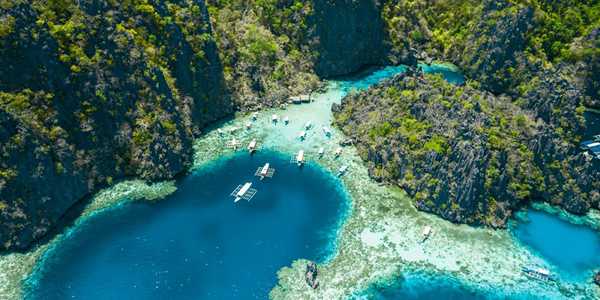
Asia Travel Guide: First Time Itineraries That Work
December 8, 2025
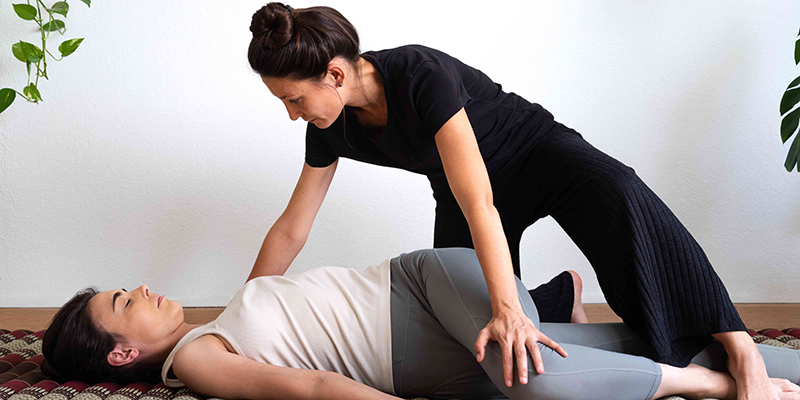
Hidden Benefits Of Traditional Thai Massage You Didn't Know
October 27, 2025
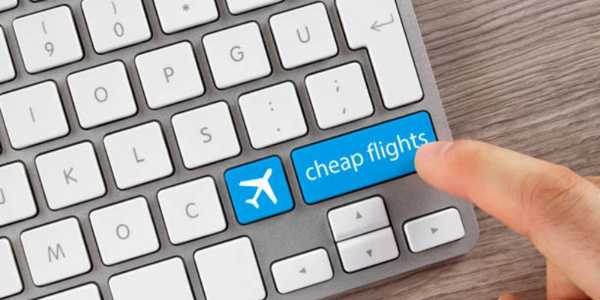
How to Find Cheap Flights: Secrets from Travel Experts
September 24, 2025
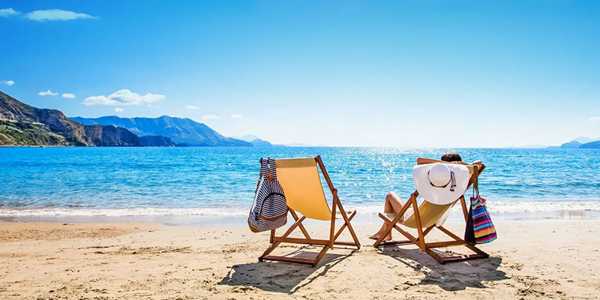
5 Best Travel Booking Websites to Compare and Save Money
September 22, 2025
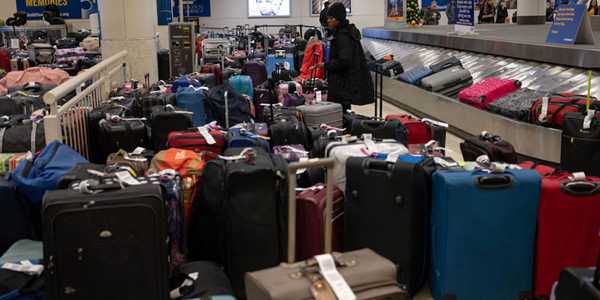
Lost, Delayed, Or Stolen Luggage? Don’t Panic—Follow These Steps
September 14, 2025
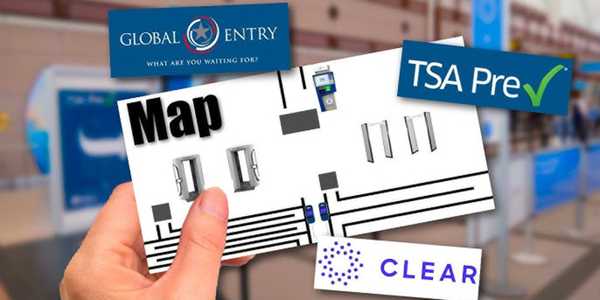
TSA PreCheck Vs. Clear Vs. Global Entry: Which Airport Fast Track Is Right For You?
August 26, 2025